BBC’s women power list is as narrow as it gets
mainThe presence of Jessica Duchen on the jury choosing BBC Woman’s Hour 2o18 power list has yielded a disproportionate representation of classical women among the all-powerful.
But Jessica’s choices are London-centric and myopic to a fault. A payroll editor on BBC Radio 3 is powerful? Two token women composers (if two, why not ten)? The head of one London orchestra, but not another? An American conductor who holds no post in the UK? And only Nicki Benedetti from outside London. Come on…
You can peruse the peculiar BBC list here.
Here’s the Slippedisc powerlist on UK classical women 2018:
1 Wasfi Kani, founder Grange Park Opera
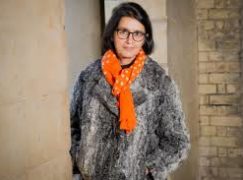
2 Mirga Gražinytė-Tyla, music director CBSO
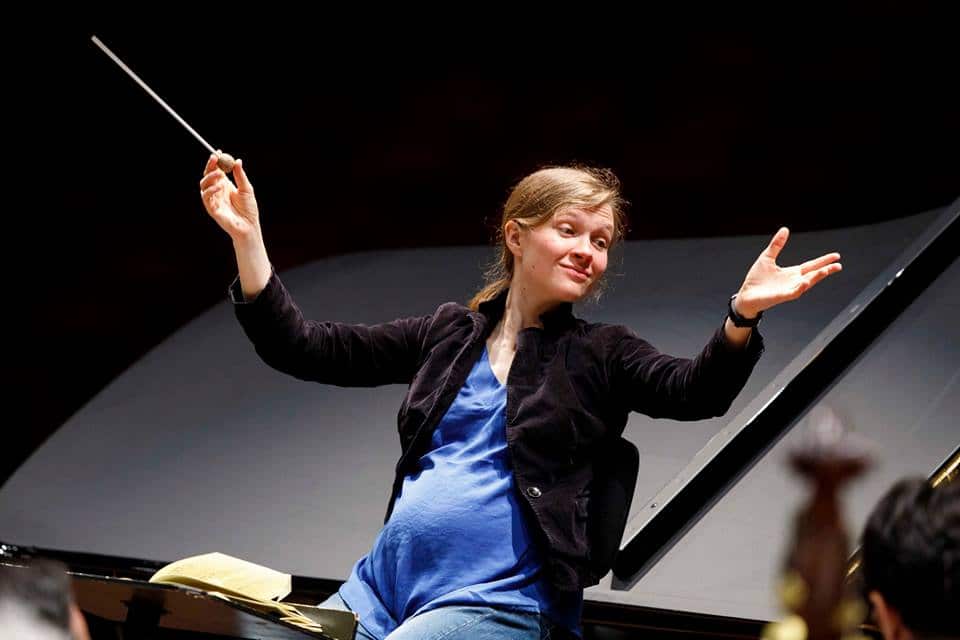
3 Dame Sarah Connolly, diva
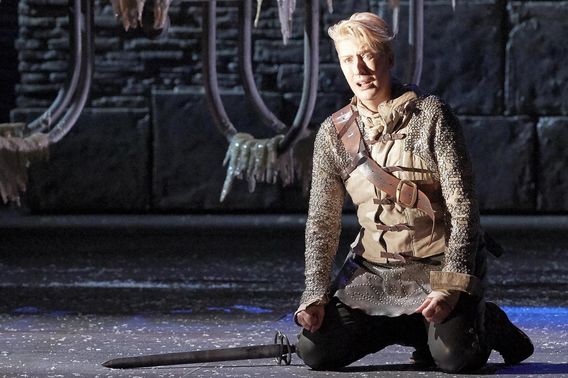
4 Xian Zhang, conductor BBC National Orchestra of Wales
5 Rebecca Allen, head of Decca
6 Kathryn McDowell, CEO LSO
7 Helen Sprott, CEO Philharmonia Orch
8 Sandra Parr, Royal Liverpool Philharmonic
9 Fiona Maddocks, Somerset, critic
10 Jan Younghusband, head of classical music BBC-TV
11 Chi-chi Nwanoku, diversity campaigner
12 Roxanna Panufnik, composer
13 Natalya Romaniw, Cardiff, rising diva
14 Helen Grime, York, composer
15 Rachel Podger, south Wales, early music activist
16 Kathryn Enticott, Horsham, agent
17 Aliye Cornish, Oxfordshire, anti-Brexit campaigner
18 Lorna Aizlewood, agency CEO
19 Gillian Moore, South Bank booker
20 Lauren Zhang, Birmingham, BBC Young Musician 2018
More representative, more diverse, more regional than the BBC.

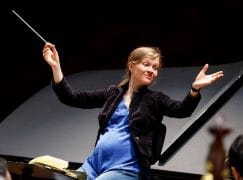


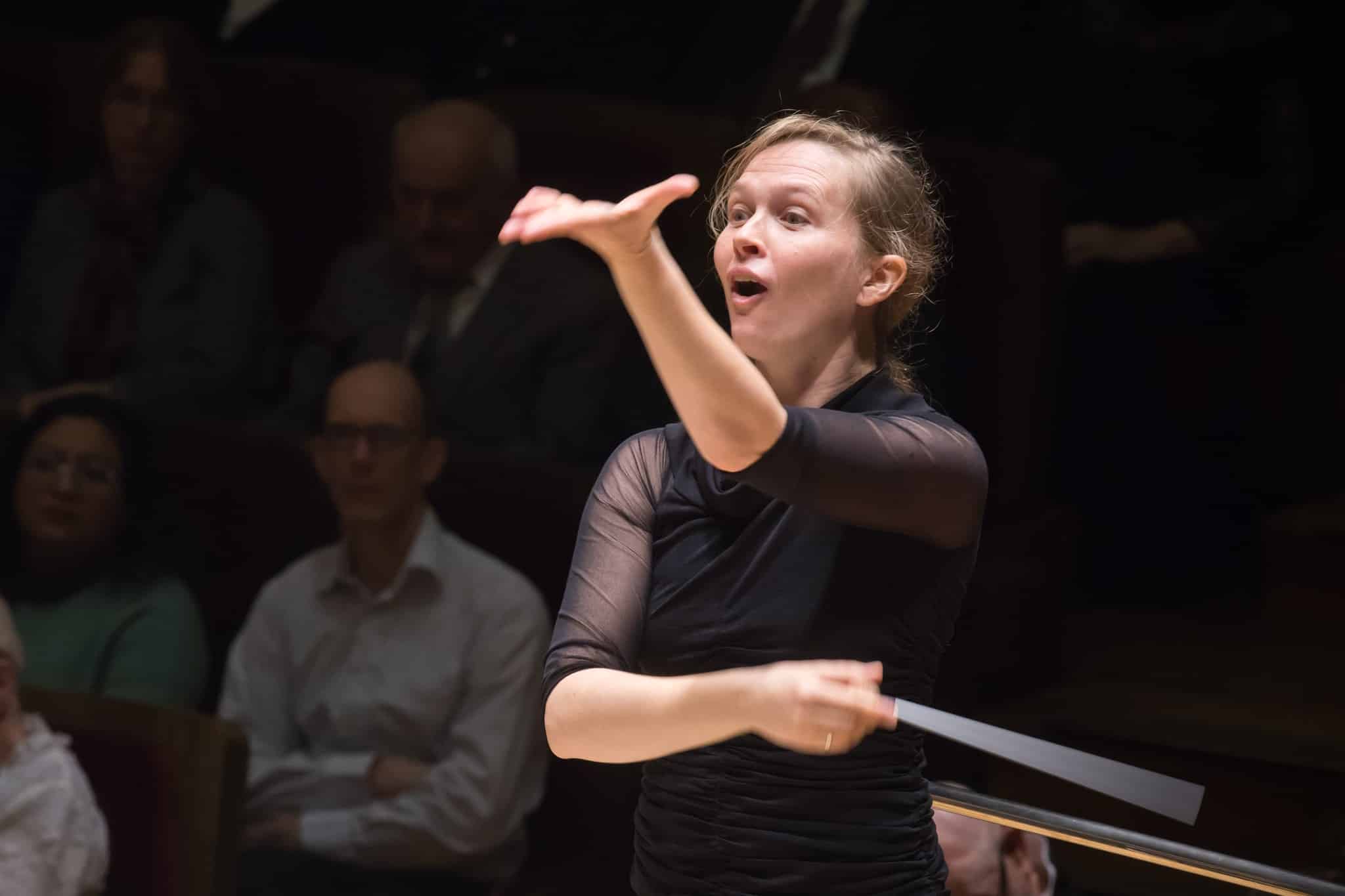
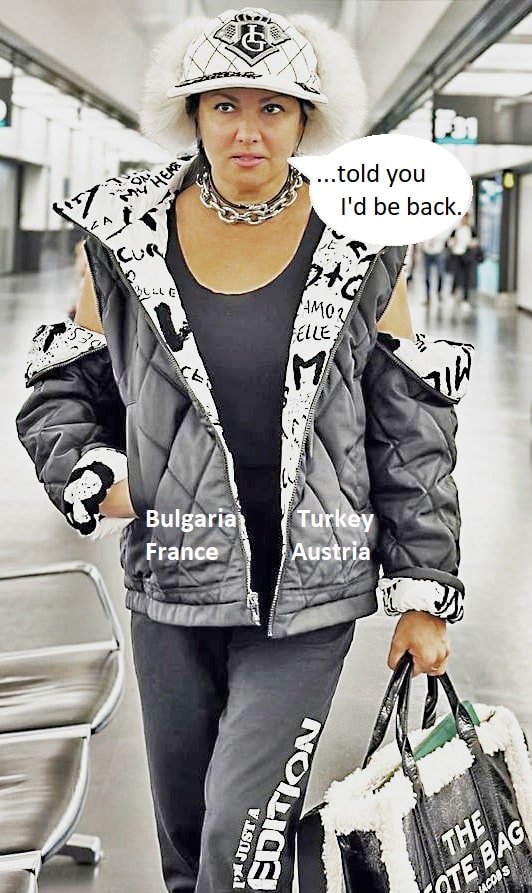
Comments